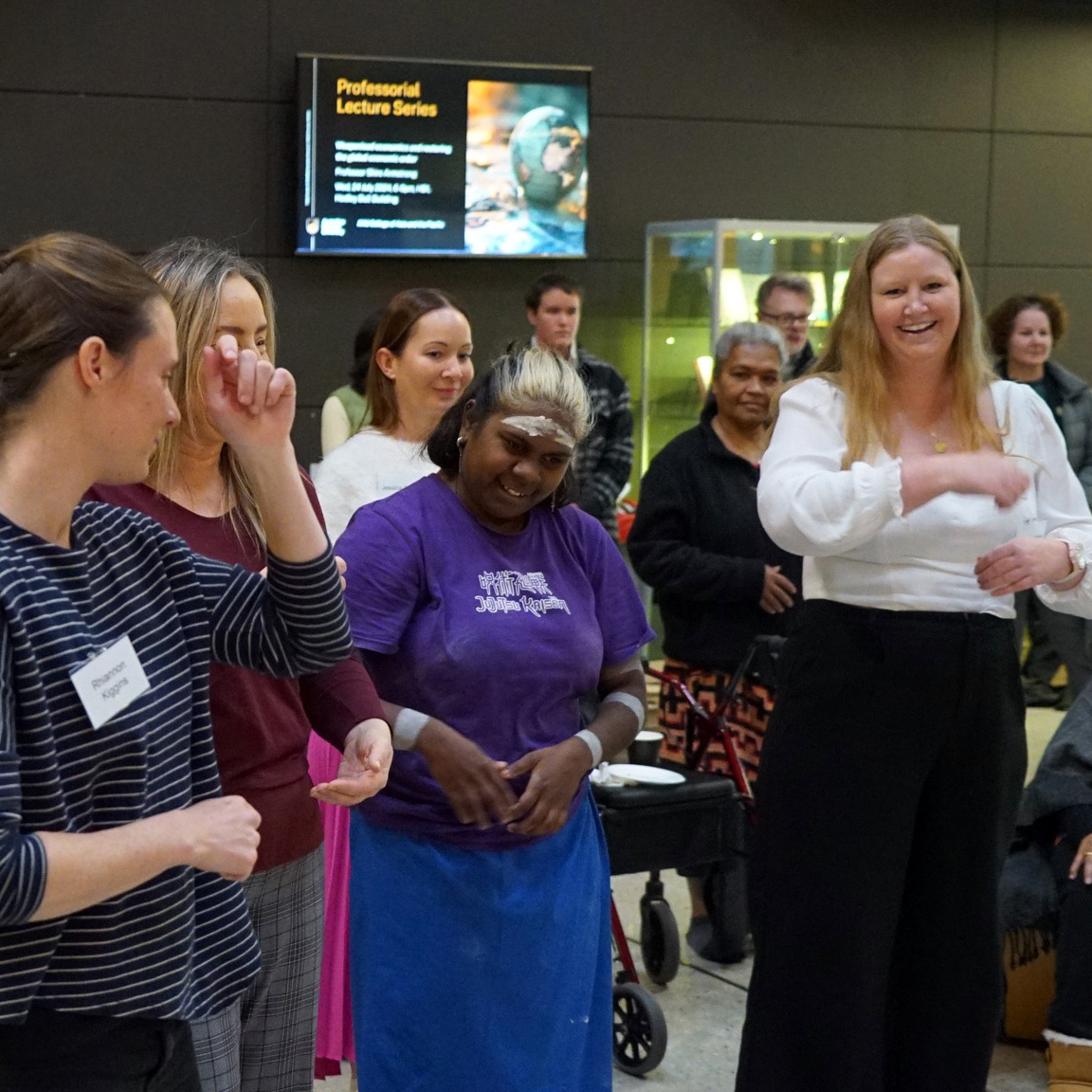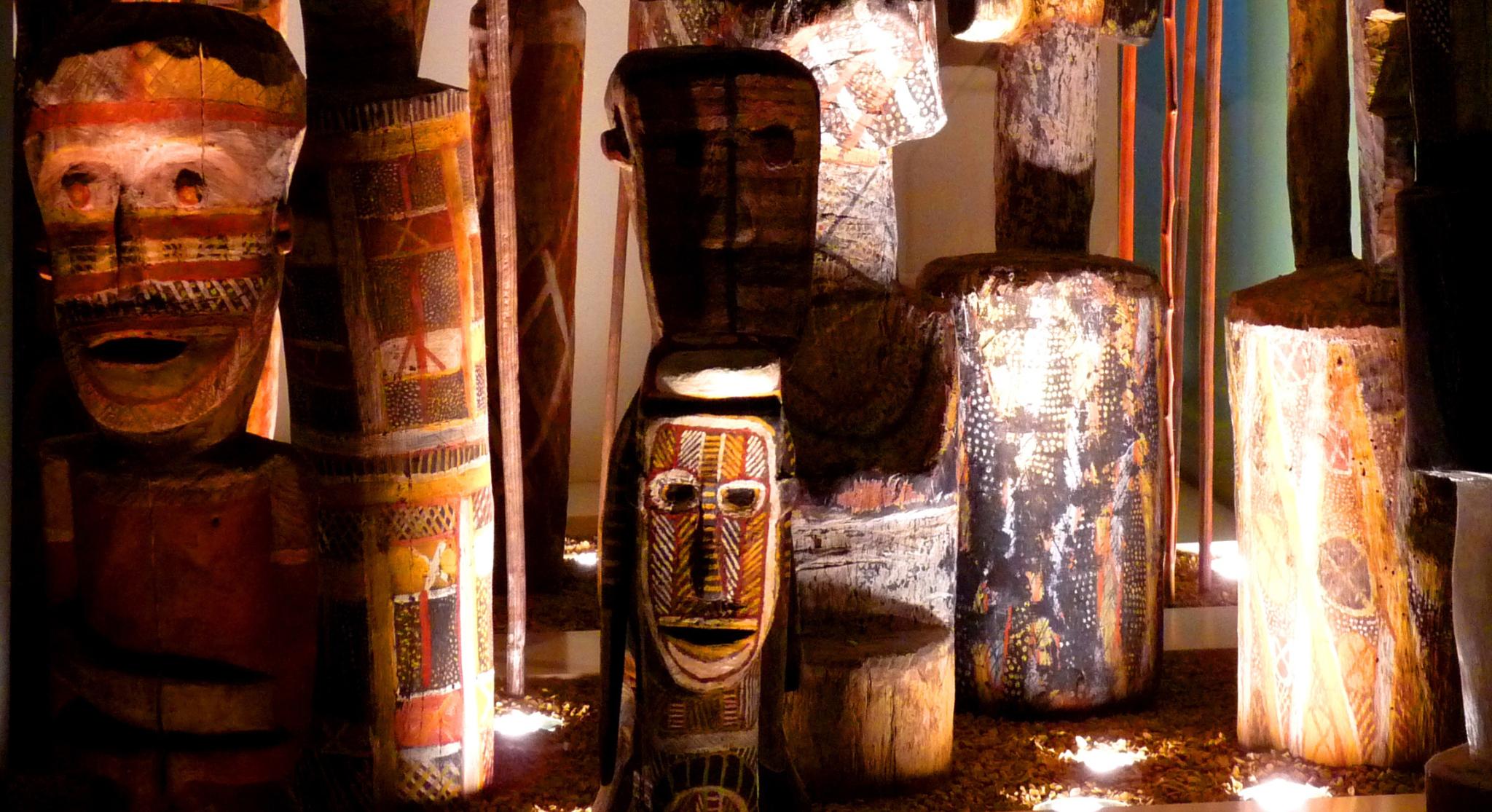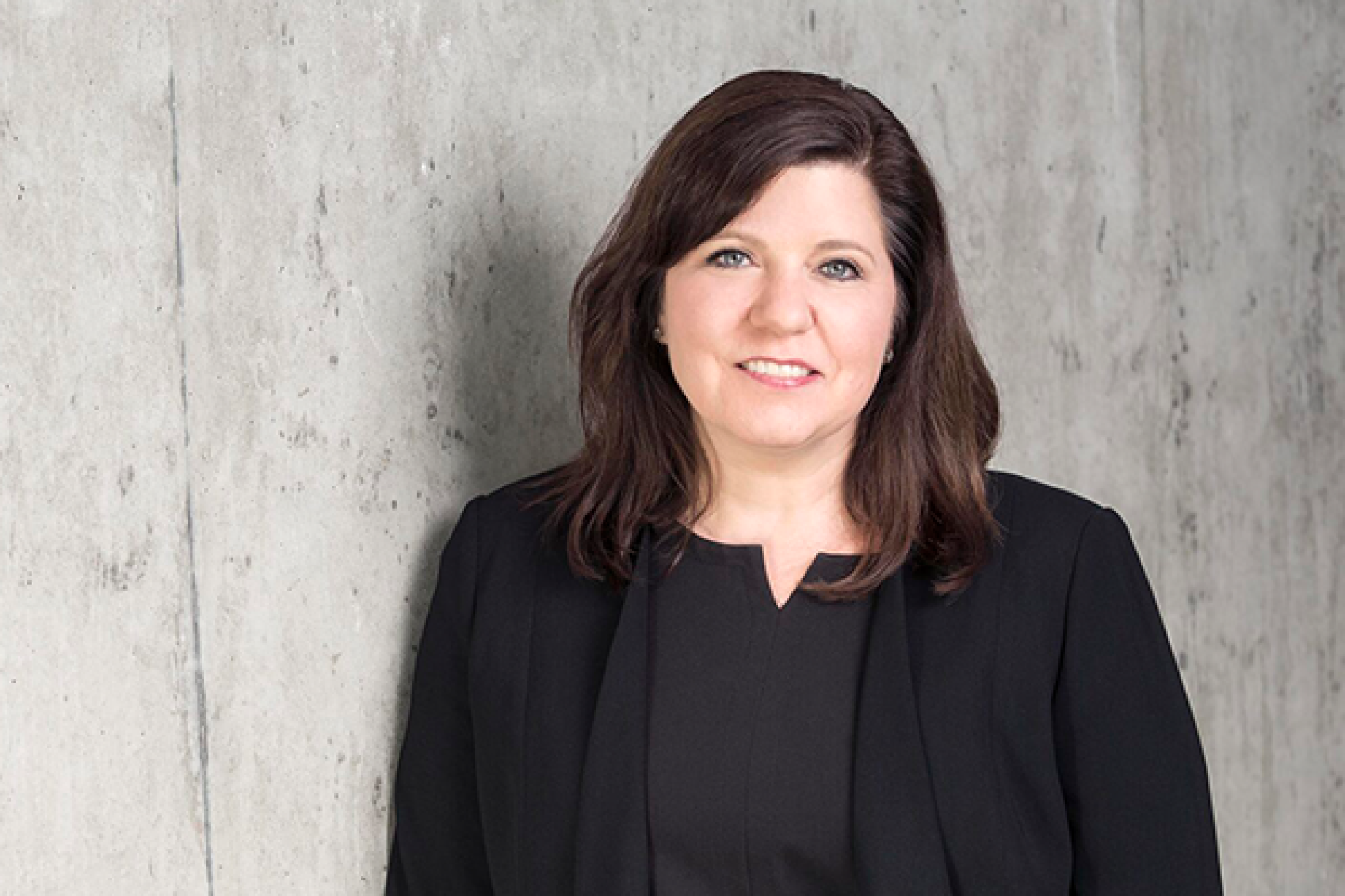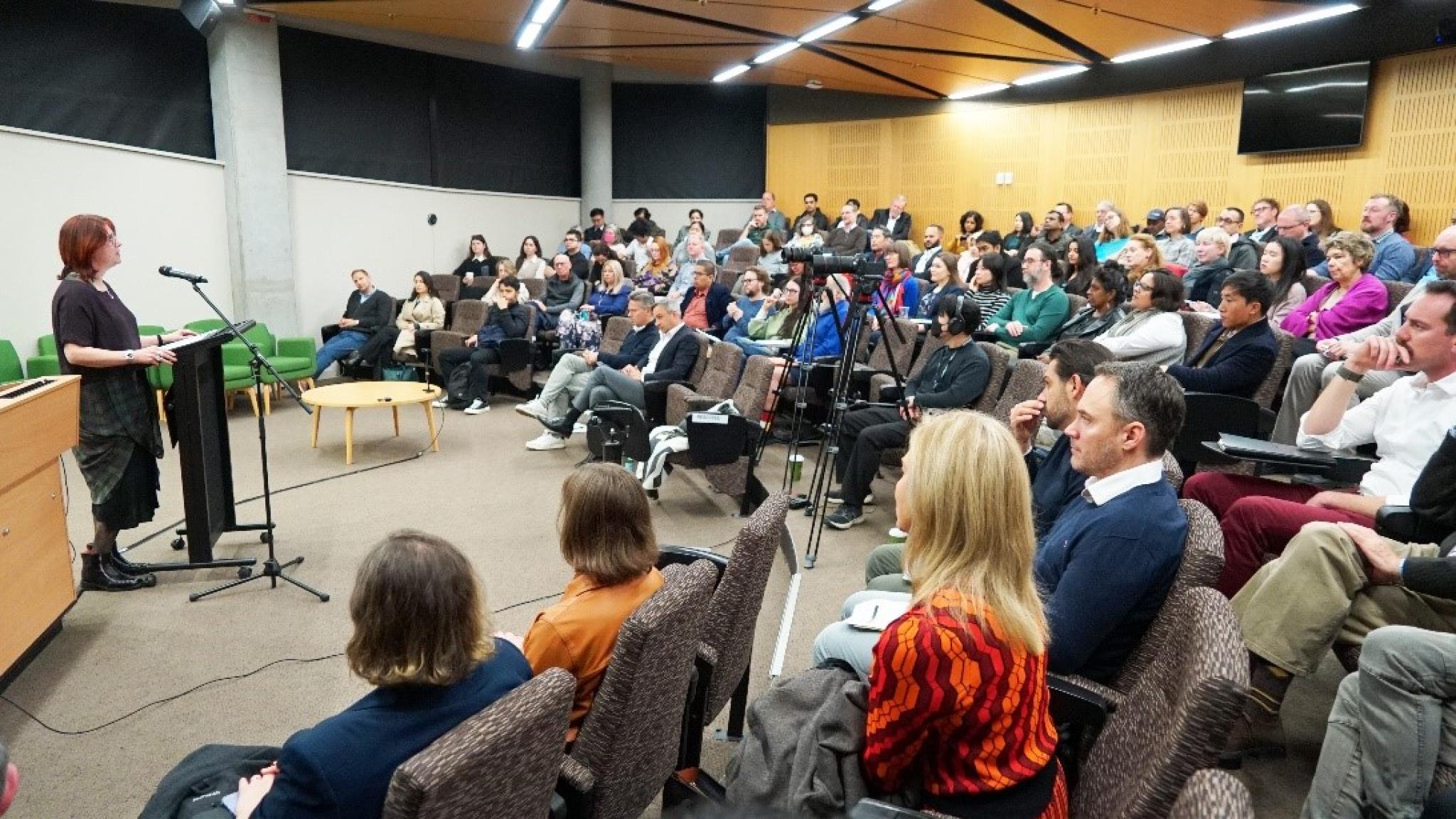First Nations Elders share diplomacy practices in 2024 Indigenous Diplomacy Workshop
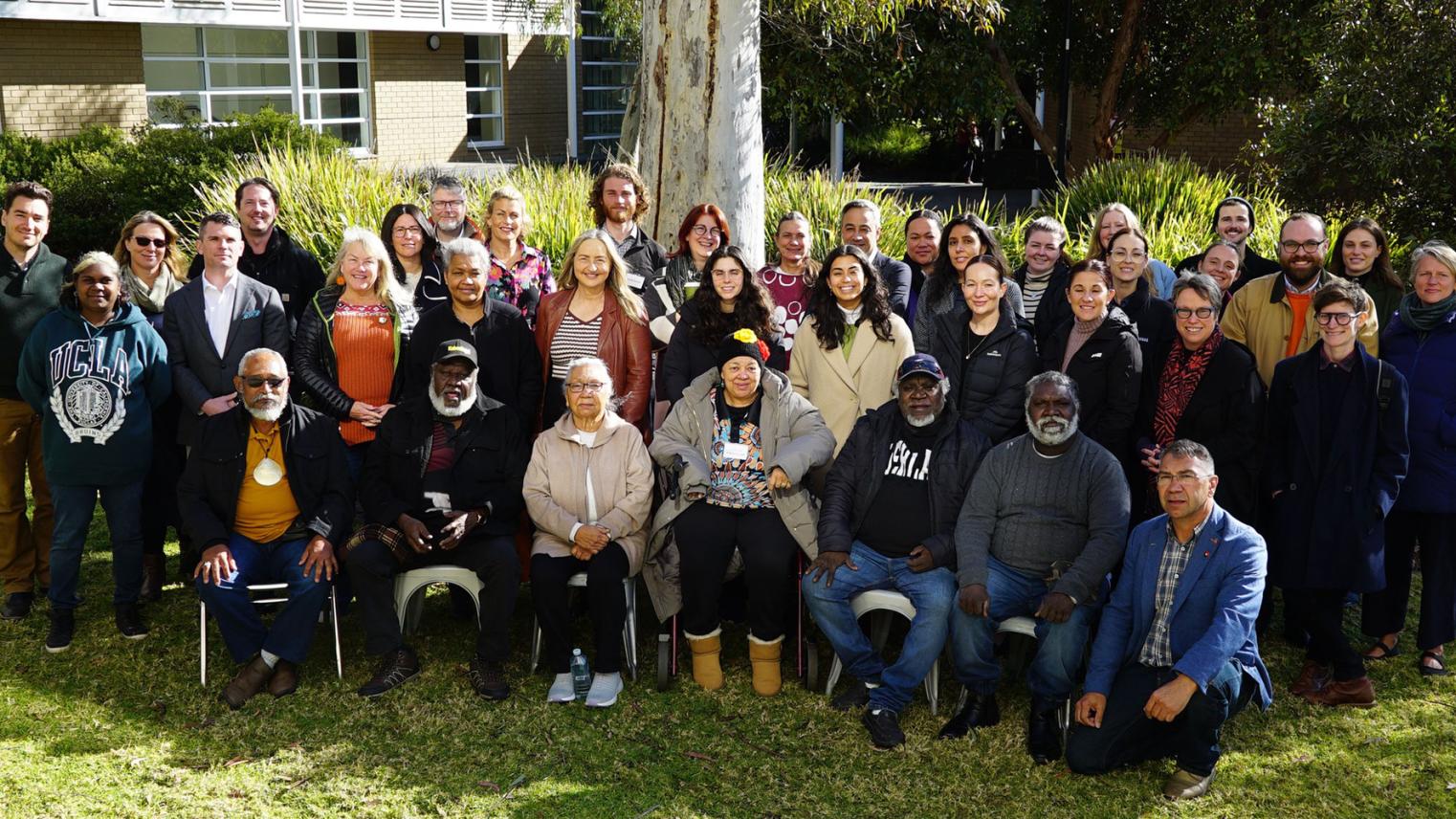
By Jiashu Fang
Learning about the traditions and ongoing life of Indigenous sovereignties in Australia and their distinct ways of making diplomacy – these topics were explored in the three-day Indigenous Diplomacy workshop in July, which was hosted by the Coral Bell School of Asia Pacific Affairs (Bell School).
Elders from Indigenous communities around the country travelled to Canberra from Kuarareg (Thursday Island, QLD), Mawng (South Goulburn Islande NT) Wiradyuri (Central NSW), Larrakia (NT) and Ngambri (ACT) to join with attendees from academia, government and the policymaking community to participate in the immersive workshop.
Organised by James Blackwell, Andrea Haese and Prof Kirsten Ainley, the workshop included extended sessions on diplomacy from each group of elders, a session on Indigenous women’s perspectives on diplomacy, and seminars delivered by academic experts on Indigenous Rights at the UN, and Indigenous Development and the Sustainable Development Goals.
In addition, the workshop featured a range of other activities: a public roundtable on UN Declaration on the Rights of Indigenous Peoples (UNDRIP), interactive sessions on dance and diplomacy, and events related to the Bell School IR Department’s 75th Anniversary Seminar, which ran concurrently to the workshop.
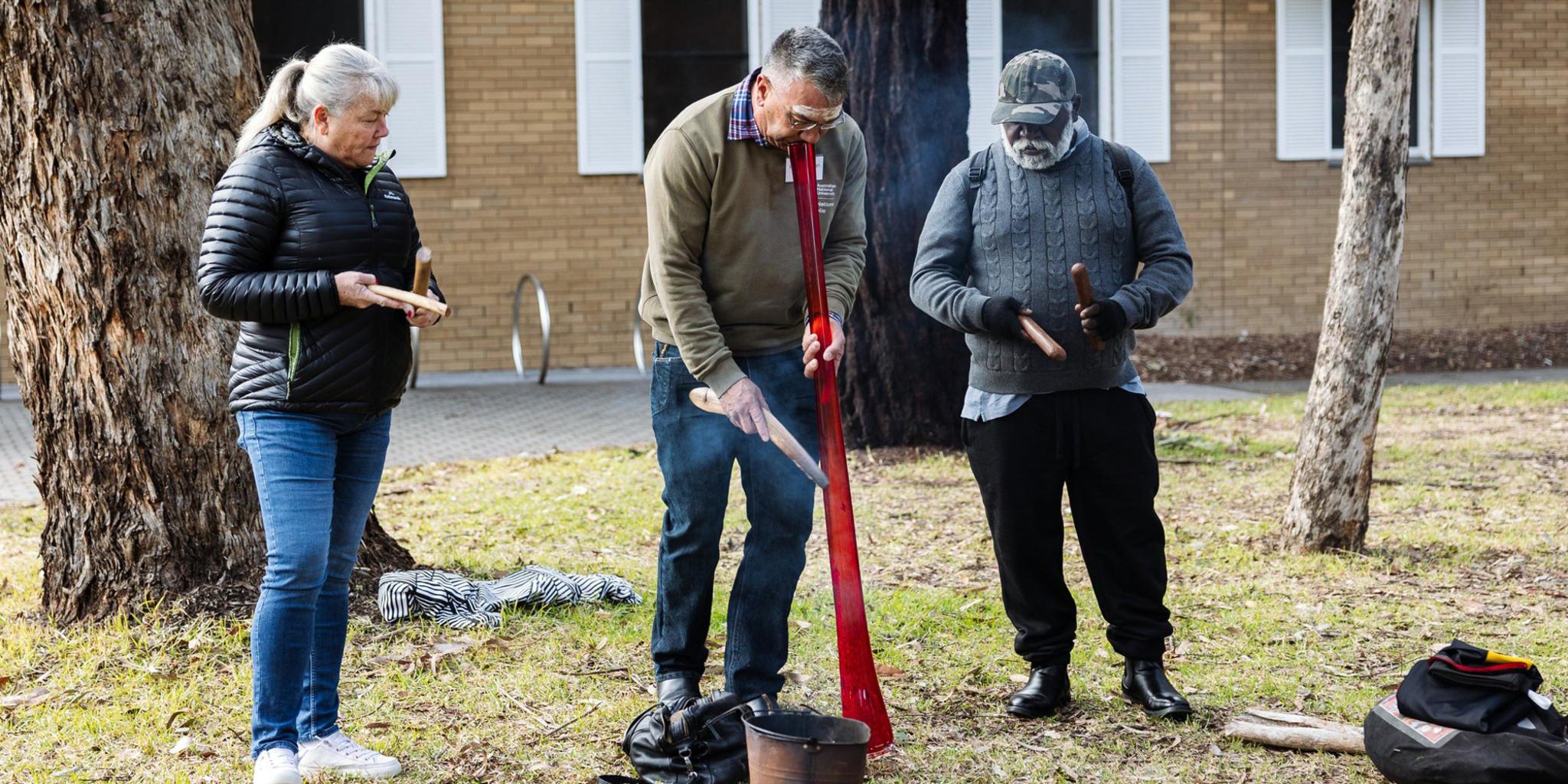
The Bell School has been hosting these workshops in partnership with Charles Darwin University for five years, working with elders from across the county on issues of diplomacy and politics. James Blackwell, a proud Wiradyuri man from Boorowa in regional NSW, who is a Research Fellow in Indigenous Diplomacy in the Bell School, as well as a PhD Candidate within the School’s Department of International Relations, stresses the importance of the workshop:
It’s important not only as a space for Indigenous peoples to gather and discuss ideas around what diplomacy means, how it is practiced, and how we as Indigenous peoples, can work together, but it’s also a great space for us to share with the University, and with the participants, what Indigenous Diplomacy means to us, and ways in which they can work on growing better relationships with Indigenous peoples.
This workshop is unique in the way it brings elders alongside people from government, academia, and the private/not-for-profit sectors. Here, the dynamic is flipped – it was Indigenous peoples and elders who were the teachers and experts, and those who normally are in the positions of knowledge or power were there as students. Furthermore, the workshop featured diverse elders and communities that came from five nations and gathered here to look at issues related to Indigenous diplomacy.
James is thrilled by the success of this year’s Indigenous Diplomacy workshop. The organisers received great feedback from all participants and elders, as they thoroughly enjoyed the week, despite the cold Canberra weather. The elders and participants all shared, taught, and learnt a lot from each other, while they made close connections. The workshop also saw and displayed great examples of Indigenous nation-building. James says:
As a Wiradyuri person, it was great to be able to share the work my community is doing back out at home, and also learn from others doing similar work.
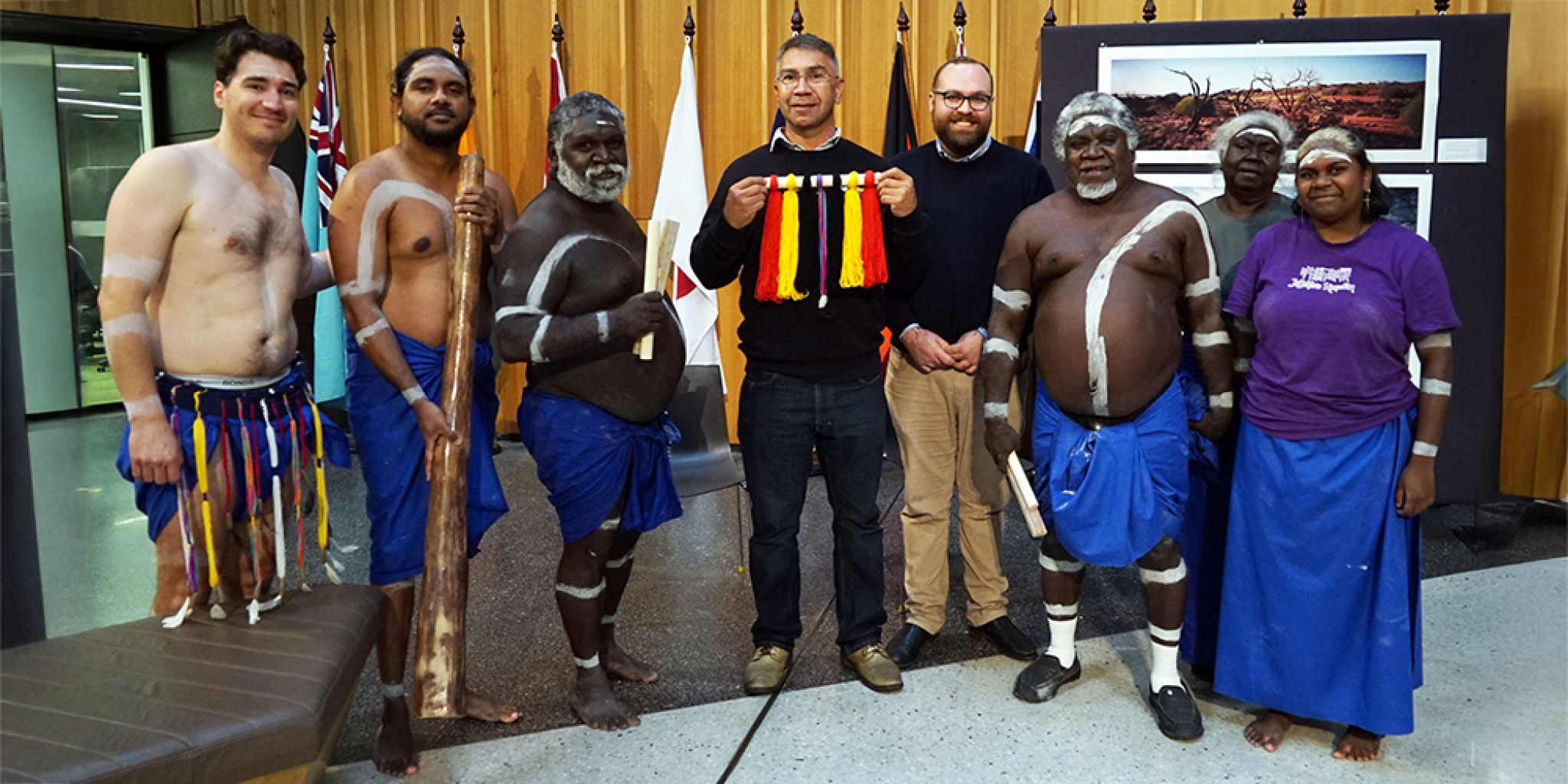
Thanks to the generous funding from the Australian Department of Foreign Affairs and Trade (DFAT), 2024 marked the third time the Indigenous Diplomacy workshop has been held. All three iterations were hosted by the Bell School, which has also established the first postgraduate course nationally on the same topic.
The Bell School is also honoured to have hosted the Annual Lecture on Indigenous Diplomacy since 2023. In 2024, the lecture expands our gaze out from Australian Indigenous Diplomacy to encompass the diplomatic and justice-seeking practices of other Indigenous peoples around the broader Asia and Pacific region. The topic for 2024 is 'When the Ordinary Becomes Radical: Indigenous Participation at the UN' and will be delivered by Sheryl Lightfoot - the North American Member on the United Nations Expert Mechanism on the Rights of Indigenous Peoples (EMRIP).

Smoking ceremony
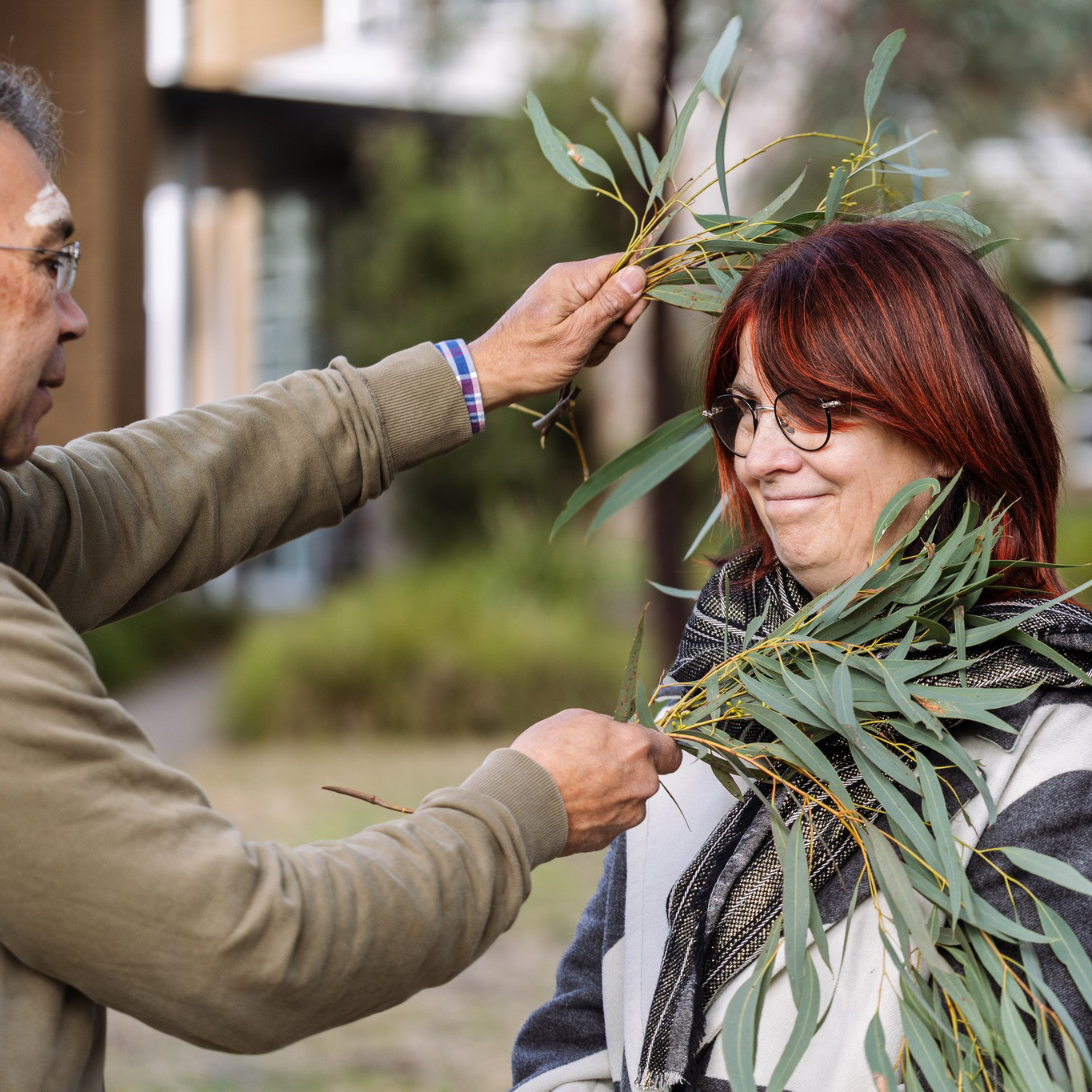
Smoking ceremony - Prof Helen Sullivan

Smoking ceremony - elders

Indigenous dancing men
